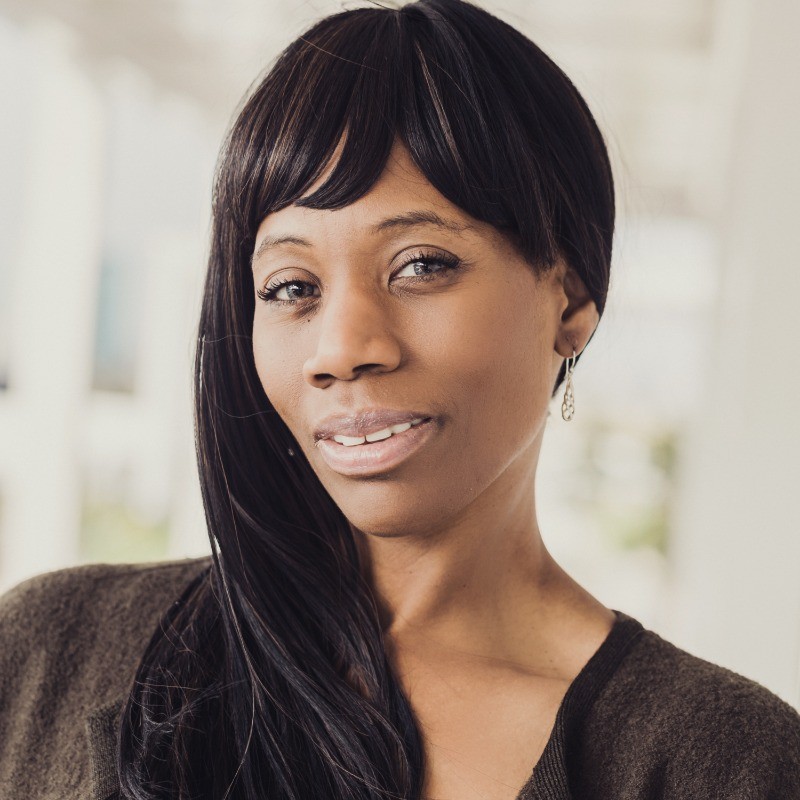Black Women in the Workplace
As a Diversity, Equality and Inclusion (DEI) Manager I work to eliminate discrimination and consistently fight for fairness and equality in the workplace. In today’s blog I am focussing on Black Women in the workplace and the form of anti-blackness they encounter. Growing up, as a Black woman in the UK from an early age it was apparent that I had to work much harder to achieve at school, college, university and in the workplace. The system was not set up for me to win with preconceived perceptions of my capabilities due to my race. I expected obstacles throughout my career journey, however never expected the level of negative experiences and systemic racism I have experienced throughout my career. Inevitable really that I ended up working in DEI.
Experiences of Black Women
It is evident that regardless of education, knowledge, skills and abilities Black women experience systemic racism in the workplace. There are many talented Black women who work exceptionally hard to progress in their career. Opportunities are limited, and they are likely to submit countless job applications before securing their desired role. The experiences include anti-blackness, overlooking a Black person simply because of their race and denying them fair access to opportunities. Then there are microaggressions, these are everyday verbal or nonverbal, insults, and negative connotations includes being ignored in meetings, being asked where you are really from, or being mistaken for another Black woman in the workplace. These are unethical practices that are encountered across organisations. Envisage having to show up and work professionally in environments where you experience abhorrent behaviour. Workplace Challenges Faced by Black Women
Anti-Black Racism
Anti-Black is a form of racism that is specifically damaging for Black woman in the workplace. Organisations use the term Black and Minority Ethnic (BAME) quite frequently, however disaggregating data by ethnicity offers a more transparent reflection of how racism impacts various ethnic groups. Any form of racism is not acceptable, however anti-black racism specifically treats Black African or Black Caribbean individuals disproportionately in the workplace. Racism towards Black people is historical in the UK. Anti-Black racism has not improved, statics still unfortunately report that Black people receive unfair treatment in the workplace, especially Black women.
Dismantling Systemic Racism
Let us discuss dismantling systemic racism in the workplace, firstly there should be a level of accountability within organisations to ensure current policies and practices do not disadvantage and treat staff unfairly because of their race. Policies and practices that give others an unfair advantage are not fair or inclusive practices to follow. DEI should be at the forefront to ensure regular reviews and provide guidelines.
When policies and practices work against Black women they are being marginalised. Reviewing staff data can reveal the experiences Black women encounter in the workplace, identifying anti-black racism. It requires systemic change to dismantle the structures that perpetuate racial inequalities, this then creates an environment where Black women can thrive in the workplace. Anti-Racism policies support systemic reform.
It is extremely exhausting for Black Women who experience systemic racism in the workplace. Acquiring leadership roles is very pressurising, therefore equal and fair processes are key, especially for marginalised groups. It is important to understand the multi-facets (intersectionality) that impact black women, such as race, gender and religious beliefs.
Moving Forward
The Race Equality Act 2010 should protect everyone from being discriminated against because of their race. Over a decade later race equality in the workplace remains a significant challenge in the UK. There remains low representation of Black women at Senior level and on Boards. Black women still encounter barriers to career progression. There is no time for complacency, organisations can start by addressing the following:
- Inclusive Recruitment guidelines – create fair and inclusive recruitment practices and offer training for panellists.
- Measure and review staff data – use data to inform key actions and improvements that are needed.
- Review of organisational Policies and Practices.
- Anti-Racism Strategy.
- Anti-Racism and Allyship Training.


